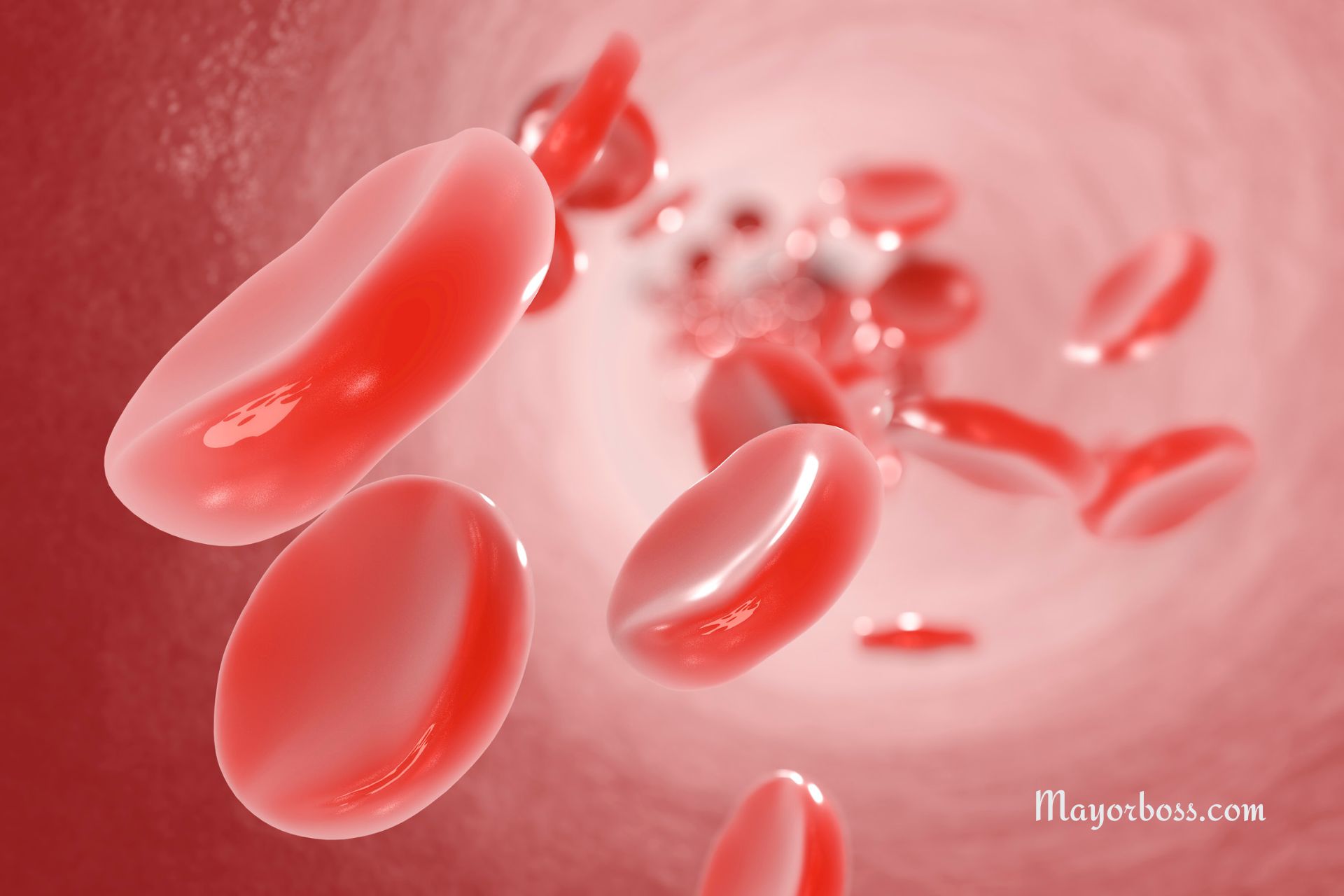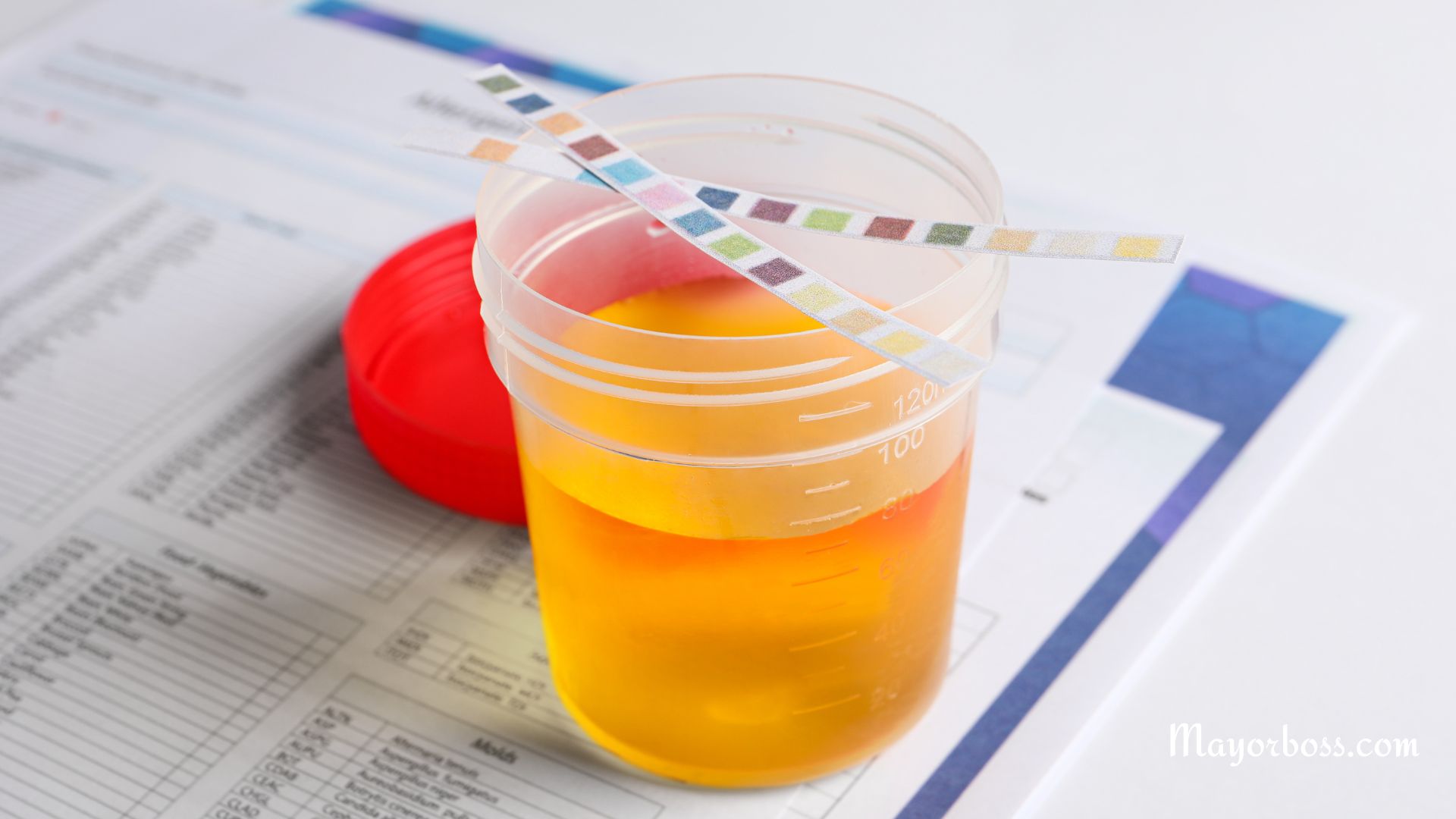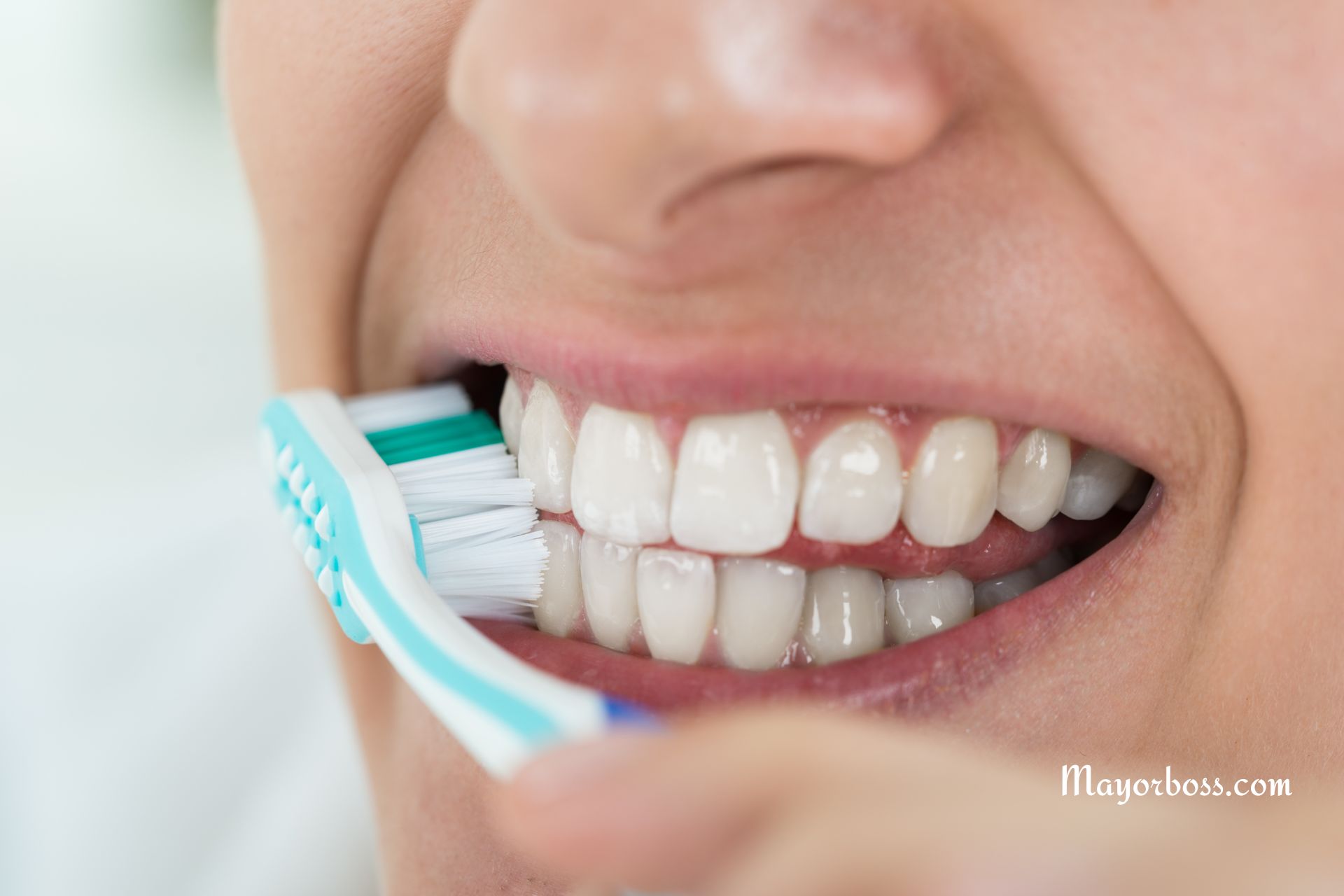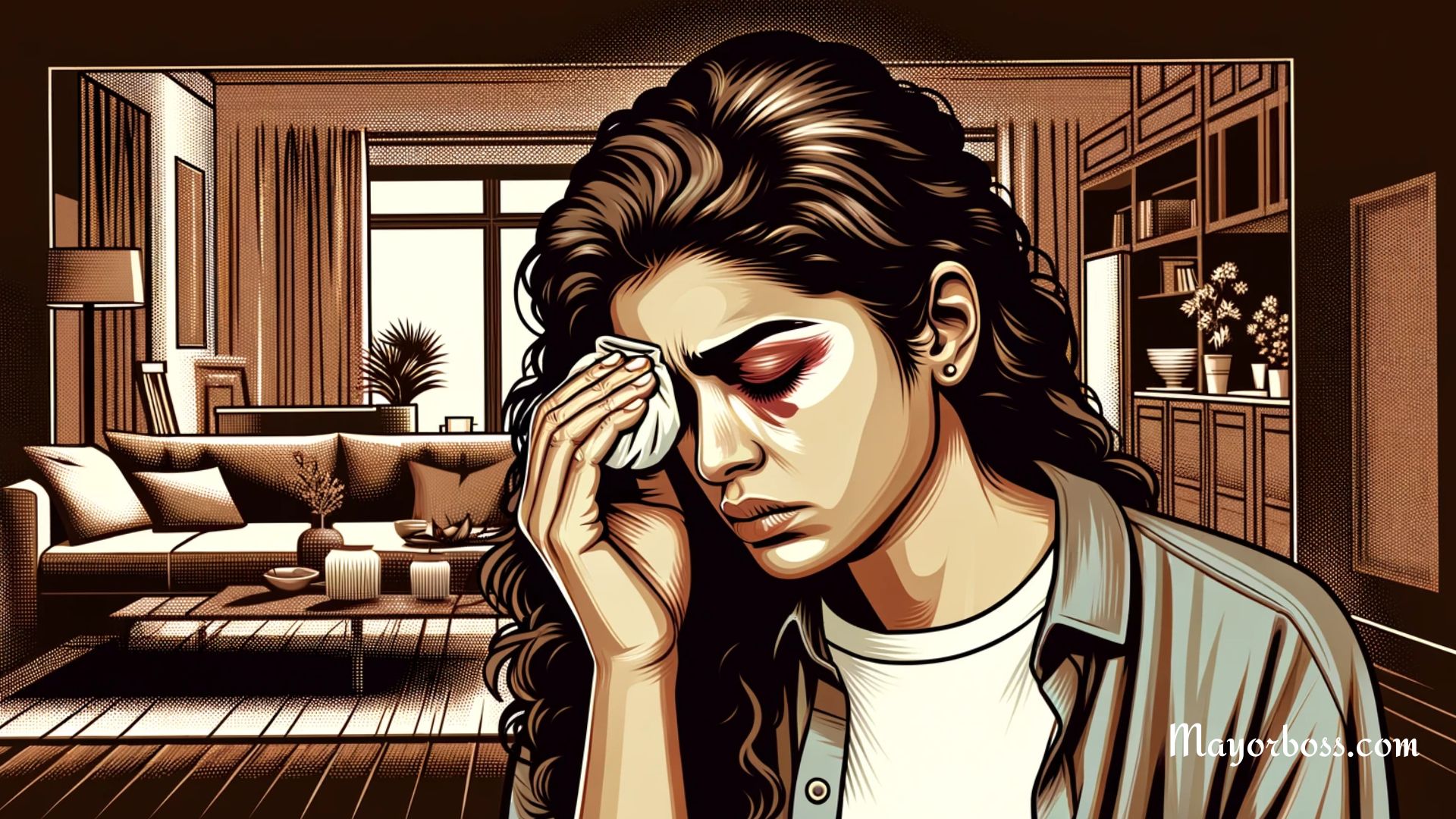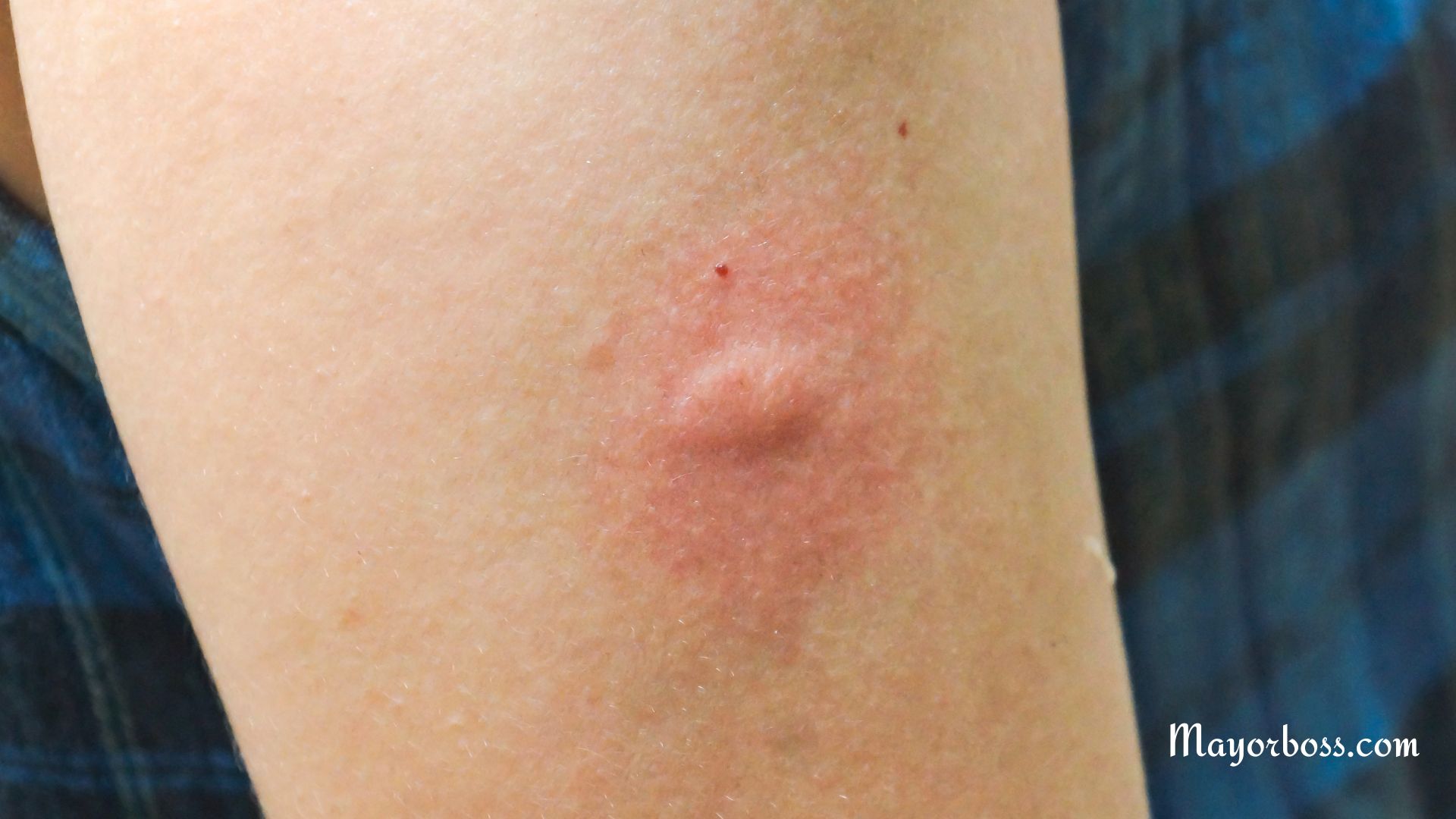The Reasons Why You Feel Sleepy After Eating
Have you ever finished a meal and found yourself ready for a nap almost immediately afterward? Many people experience a strong urge to sleep after eating, and it can leave you wondering why it happens. This article will examine post-meal drowsiness (also known as postprandial somnolence).
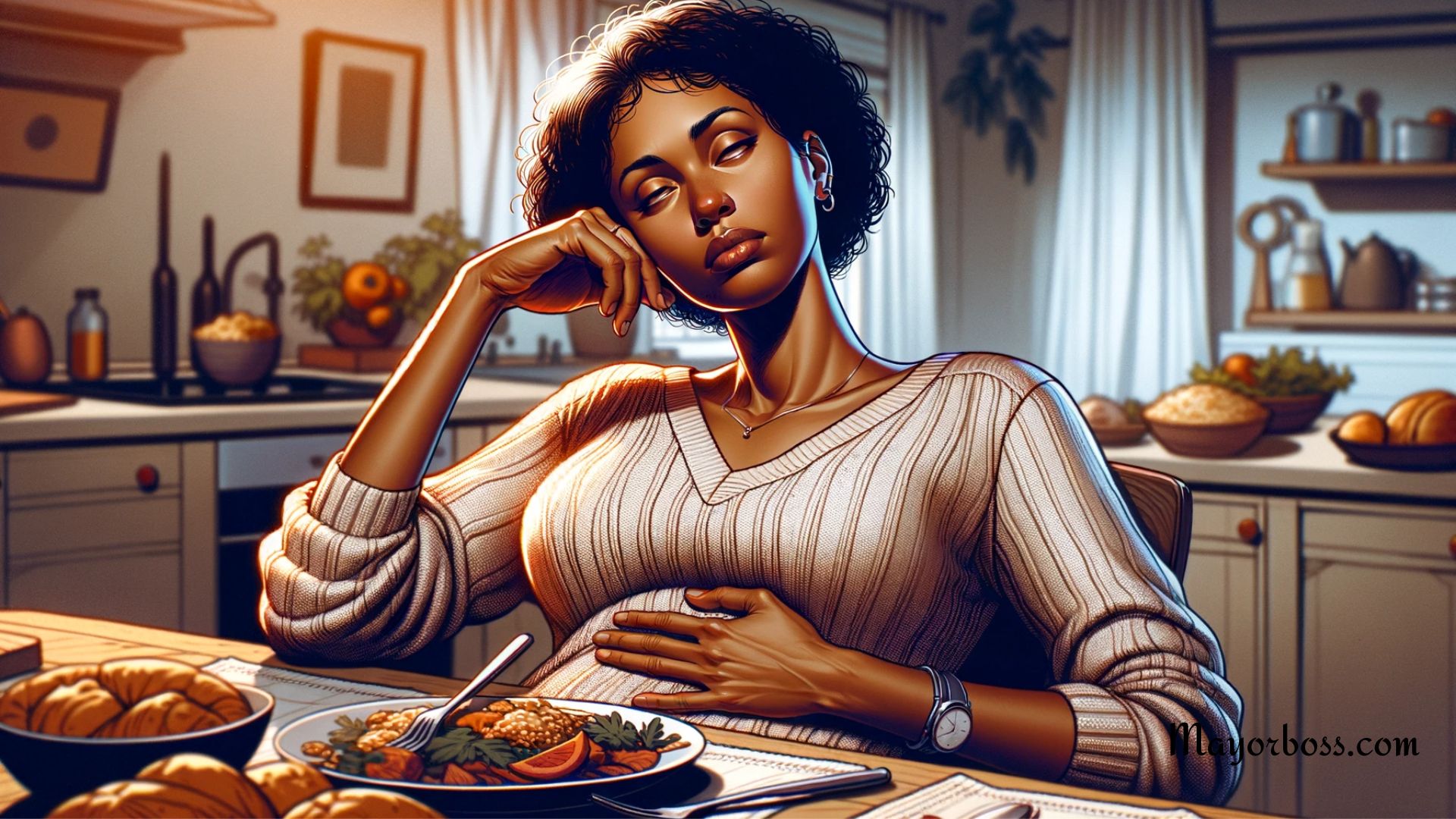
Your Digestive System Uses a Lot of Energy to Process Food
When you eat, your body gets to work digesting the food, which requires a significant amount of energy. Essentially, your digestive system is working overtime, pulling blood and oxygen away from other areas of your body to help break down the food you’ve eaten. This process can make you feel tired because your body is focusing most of its energy on digestion rather than keeping you alert.
Carbohydrates Can Cause a Spike and Drop in Blood Sugar Levels
One big reason you might feel sleepy after a meal is due to the type of food you eat, particularly those rich in carbohydrates. When you consume carbohydrates, especially refined ones like white bread, pasta, or sugary treats, your body quickly converts them into glucose (sugar). This can cause a spike in your blood sugar levels, followed by a rapid drop. As your blood sugar decreases, you may feel a wave of drowsiness. In fact, the more refined and sugary the food, the more extreme these ups and downs tend to be.
Tryptophan in Protein-Rich Foods Plays a Role
You’ve probably heard that turkey makes people sleepy because of an amino acid called tryptophan. While turkey does contain tryptophan, it’s not the only food that has it. Tryptophan is actually found in many protein-rich foods, including chicken, dairy, nuts, and eggs. When you eat these foods, your body uses tryptophan to produce serotonin—a chemical that helps you feel calm and happy—and eventually melatonin, the hormone that regulates sleep. If you’re eating a meal high in protein, it might contribute to that sleepy feeling afterward.
Large Meals Require More Digestive Effort
The size of your meal also plays a role in post-meal tiredness. Research suggests that large meals require more effort from your digestive system. Think about it—if you eat a giant dinner, your body has a lot more work to do to break everything down. This is why you often feel like lying down after a big holiday feast or a hearty restaurant meal. It’s simply your body’s way of coping with the extra workload.
Insulin and Hormone Levels Affect Your Energy
Eating triggers changes in hormone levels, especially insulin. When you consume a large meal, insulin production increases to help process the glucose in your blood. High levels of insulin can lead to increased production of tryptophan in the brain, which, as we mentioned earlier, is converted into serotonin and melatonin. As these hormones build up, you may start feeling more relaxed and sleepy.
Timing and What You Drink Matter
As per experts, when and what you drink during a meal can also affect how sleepy you feel afterward. Alcohol, for instance, is a depressant, which means it can slow down your nervous system and make you feel drowsy. If you have wine or beer with your meal, that might be why you’re ready to snooze afterward. Similarly, if you eat a big meal late at night, your body’s natural circadian rhythm—which controls your sleep-wake cycle—may prompt you to feel even sleepier.
How to Avoid Post-Meal Drowsiness
If you want to avoid that tired feeling after eating, there are a few things you can do. First, try to eat smaller, more balanced meals throughout the day rather than a few large ones. This helps prevent overloading your digestive system. Choose meals that are balanced in protein, healthy fats, and complex carbohydrates, as these types of foods digest more slowly and keep blood sugar levels steady.
Avoid refined sugars and processed foods, which can cause rapid blood sugar spikes and drops, leading to fatigue. Drinking water instead of sugary drinks or alcohol can also help keep you more alert. Lastly, taking a short walk after eating can aid digestion and help you feel more energized, rather than sitting down or lying on the couch right away.
The Bottom Line
Feeling sleepy after eating is completely normal, and it (often called postprandial somnolence) is often due to the type and amount of food you eat. Your body works hard to digest food, and this process can sometimes make you feel tired. Carbohydrates, large meals, tryptophan-rich foods, and even the time of day all contribute to post-meal drowsiness. Therefore, by making small changes to your eating habits, like choosing balanced meals and avoiding heavy alcohol consumption, you can reduce the feeling of sleepiness and stay more alert after eating.


